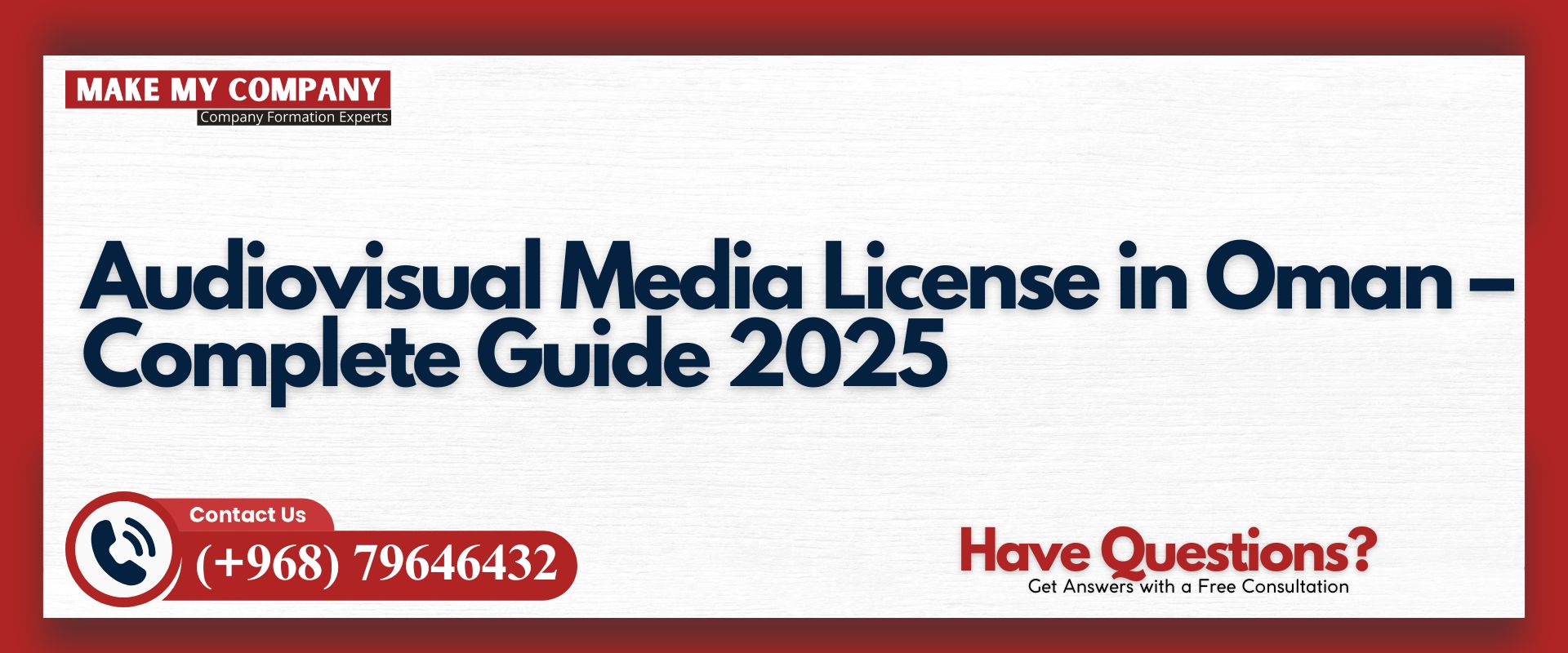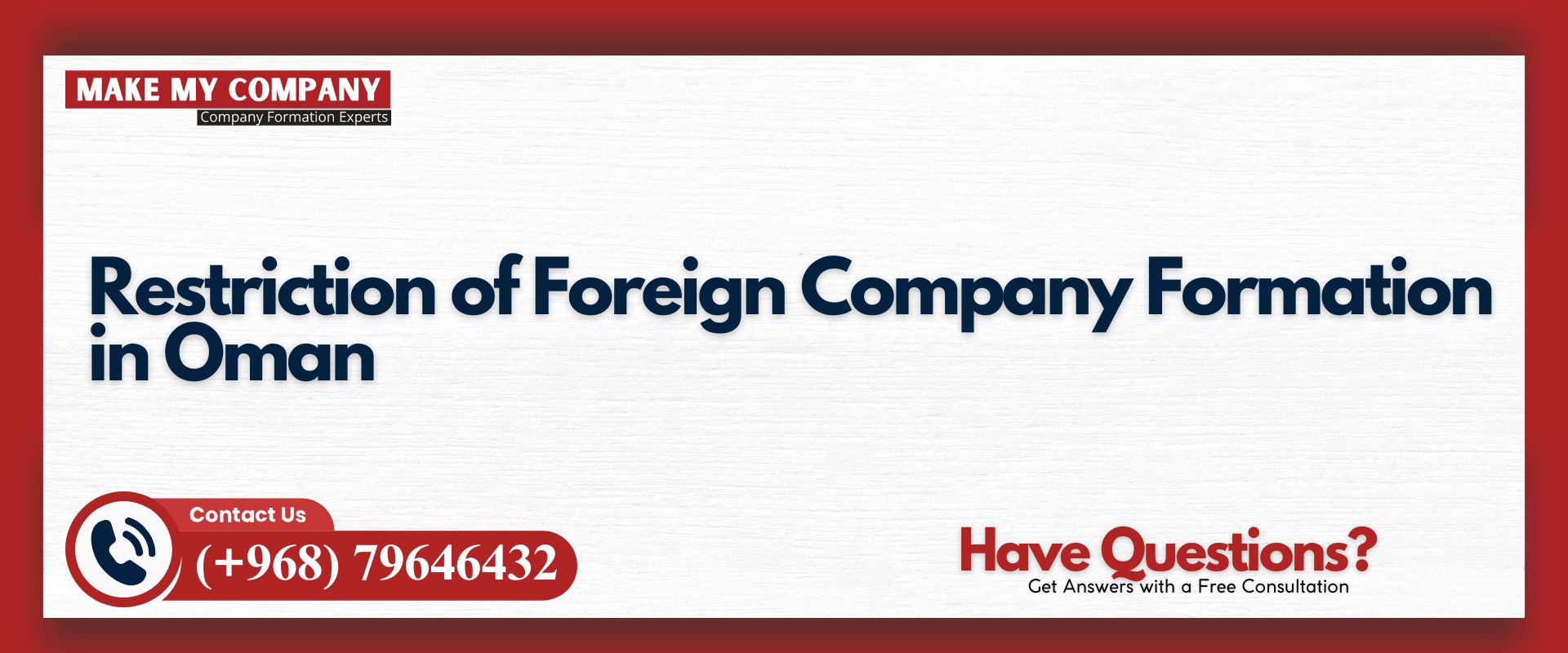In the business world, financial transparency is essential for making informed decisions, attracting investors, and complying with legal requirements. Financial statements in Oman play a crucial role in providing a clear picture of a company’s financial position, helping businesses stay compliant with government regulations. Every company operating in Oman, whether a small startup or a large corporation, must ensure accurate financial reporting to maintain credibility and sustainability.
With the Ministry of Commerce, Industry, and Investment Promotion (MOCIIP) and the Oman Tax Authority overseeing financial regulations, businesses must adhere to International Financial Reporting Standards (IFRS) to prepare their statements properly. These financial reports provide critical insights into a company’s assets, liabilities, revenue, and overall financial health.
This guide explores the importance of financial statements in Oman, the legal requirements for businesses, the step-by-step process of preparing financial reports, and best practices to ensure compliance.
Understanding Financial Statements in Oman
Financial statements are detailed records of a company’s financial transactions, showing its economic position at a given time or over a period. These reports help business owners, investors, auditors, and tax authorities evaluate financial performance and make strategic decisions.
In Oman, businesses must prepare financial statements that align with IFRS standards, ensuring consistency and reliability. These reports also serve as a basis for tax filing, financial forecasting, and business expansion strategies.
Types of Financial Statements in Oman
A company’s financial statements consist of multiple reports that together provide a comprehensive overview of its financial condition. The four essential financial statements required in Oman include:
Balance Sheet (Statement of Financial Position)
The balance sheet provides a snapshot of a company’s assets, liabilities, and shareholder equity at a specific point in time. It helps assess whether a business is financially stable, how much it owns, and what it owes.
Income Statement (Profit and Loss Statement)
This statement presents a company’s revenues, expenses, and net profit or loss over a particular period. It indicates business performance, showing whether a company is making a profit or facing financial difficulties.
Cash Flow Statement
Cash flow statements track the movement of cash in and out of the business, covering operating, investing, and financing activities. This statement ensures companies maintain sufficient liquidity to meet operational and investment needs.
Statement of Changes in Equity
This report highlights changes in a company’s shareholder equity, showing contributions, retained earnings, and dividend distributions. It helps stakeholders understand how the business manages profits and reinvestments.
Each of these reports plays a crucial role in helping businesses comply with financial regulations and make sound economic decisions in Oman.
Legal Requirements for Preparing Financial Statements in Oman
Preparing financial statements in Oman requires businesses to comply with International Financial Reporting Standards (IFRS) and regulations set by the Ministry of Commerce, Industry, and Investment Promotion (MOCIIP). Companies must maintain accurate records, submit annual reports, and undergo audits if required to ensure transparency and compliance.
Compliance with International Financial Reporting Standards (IFRS)
In Oman, businesses must follow IFRS guidelines when preparing financial statements. IFRS ensures that financial reports are transparent, standardized, and globally accepted, making it easier for investors and stakeholders to analyze a company’s financial health.
Mandatory Financial Reporting for Businesses
Companies operating in Oman must:
- Maintain detailed accounting records for a minimum of 10 years.
- Prepare and submit annual financial statements to regulatory bodies.
- Conduct external audits if required by law.
- Use financial statements as the basis for tax filing with the Oman Tax Authority.
Failure to comply with these regulations can result in penalties, fines, or legal restrictions on business operations.
Audit Requirements in Oman
Certain businesses, particularly Limited Liability Companies (LLCs), foreign branches, and publicly listed firms, must undergo an external financial audit. Licensed auditors review financial records to ensure they align with Oman’s accounting and tax laws. These audited financial statements must then be submitted to the MOCIIP and the Oman Tax Authority for compliance verification.
Step-by-Step Process for Preparing Financial Statements in Oman
The process of preparing financial statements in Oman involves gathering accurate financial data, preparing the income statement, balance sheet, cash flow statement, and equity report, and ensuring compliance with IFRS standards. Businesses must review their reports, conduct audits if required, and submit them to the relevant authorities.
Step 1: Organize Financial Records
The first step in preparing financial statements in Oman is collecting and organizing all relevant financial data. Businesses must maintain accurate records of:
- Sales revenue and invoices
- Business expenses and operational costs
- Payroll and employee compensation
- Loan agreements and interest payments
- Asset purchases and depreciation calculations
Keeping financial data structured and error-free ensures smoother reporting and easier audits.
Step 2: Prepare the Income Statement
The income statement outlines a company’s profitability. It starts by listing total revenues earned within a specific period. Next, operating expenses, taxes, and other costs are deducted to calculate net profit or loss.
A well-prepared income statement allows businesses to track profitability, identify cost-saving opportunities, and make adjustments to maximize earnings.
Step 3: Draft the Balance Sheet
The balance sheet provides insight into a company’s financial position by listing all assets, liabilities, and shareholder equity. It follows the fundamental accounting equation:
Assets = Liabilities + Shareholder Equity
A properly structured balance sheet helps businesses understand their financial stability, liquidity levels, and obligations.
Step 4: Develop the Cash Flow Statement
The cash flow statement records the actual movement of money in and out of the company. It categorizes cash flow into three main sections:
- Operating activities – Revenue and expenses from daily business operations.
- Investing activities – Purchases or sales of assets, property, or investments.
- Financing activities – Loans, equity investments, and dividend payments.
This report helps businesses monitor liquidity and ensure sufficient funds are available for future expenses.
Step 5: Document Changes in Equity
The statement of changes in equity details any changes in ownership contributions, retained earnings, and dividends paid to shareholders. This report is crucial for investors and company owners tracking financial performance.
Step 6: Review and Verify Financial Reports
Before submission, companies must review, reconcile, and validate financial data to ensure it aligns with IFRS and Oman’s accounting standards. Errors in financial statements can lead to compliance issues, tax penalties, and financial misrepresentation.
Step 7: Conduct External Audit (If Required)
If a company falls under Oman’s mandatory audit requirement, an external auditor must verify the accuracy of financial statements. The audit ensures compliance with legal and financial regulations.
Step 8: Submit Financial Statements to Authorities
Once all financial reports are finalized and, if necessary, audited, they must be submitted to the relevant Omani authorities within the specified deadlines. This ensures full compliance with regulatory and tax obligations.
Best Practices for Financial Reporting in Oman
To maintain financial accuracy and compliance, businesses should:
- Use professional accounting software to automate bookkeeping.
- Maintain well-documented financial records for audits.
- Seek assistance from certified accountants and auditors.
- Conduct quarterly financial reviews to identify trends.
- Stay informed about updates in financial regulations.
Conclusion
Preparing financial statements in Oman is a fundamental process that ensures business transparency, financial stability, and regulatory compliance. By following IFRS guidelines, keeping accurate records, and undergoing audits where necessary, companies can ensure that their financial reports meet legal requirements and provide valuable business insights.
For expert guidance in financial reporting, tax compliance, and business setup in Oman, MAKE MY COMPANY offers professional accounting and advisory services to help businesses streamline their financial processes and remain compliant with Omani regulations.









